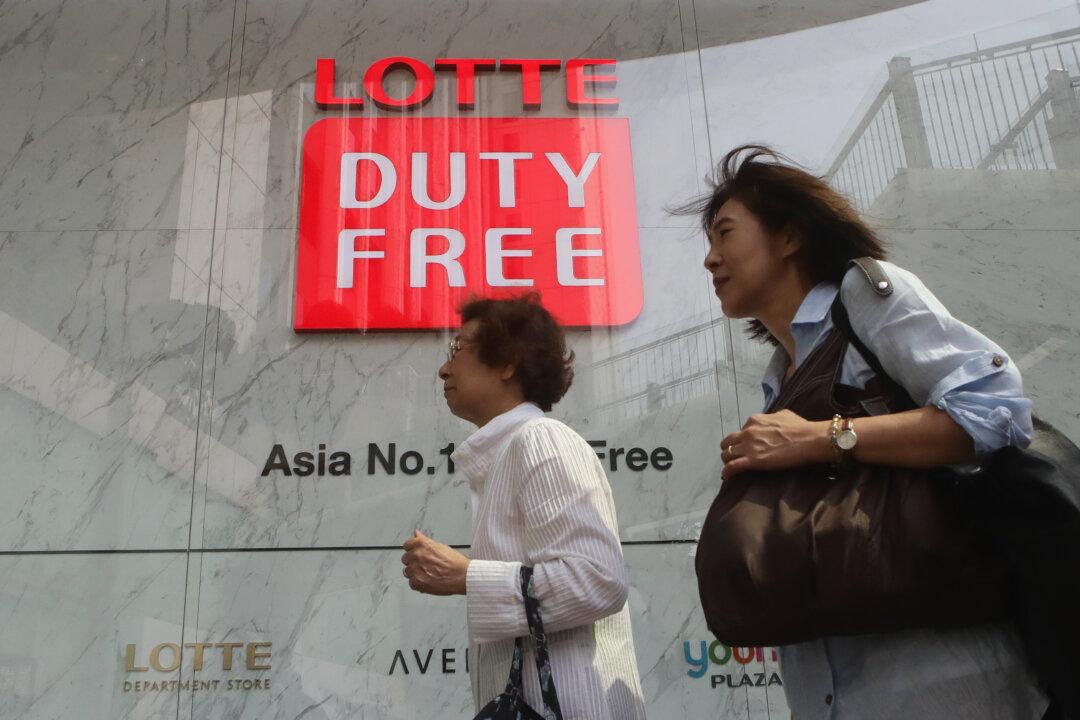Lotte Group has fully abandoned the Chinese market and stepped up its investment in Southeast Asia, in particular Vietnam and Indonesia.
This year marks the 30th anniversary of the establishment of diplomatic ties between South Korea and China. It also marks the 30th anniversary of South Korea’s diplomatic ties with Vietnam.





